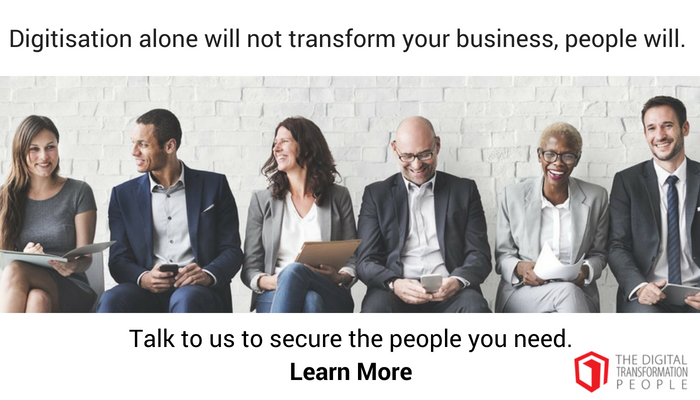Why give your potential customers information alone when you can create an experience for them? That’s the idea behind experiential marketing, which creates encounters that encourage people to interact with brands in real-world situations in participatory, hands-on ways.
This strategy, also called engagement marketing, is popular with B2C companies, but it can also work for B2B companies.
About Experiential Marketing
Experiential marketing is sometimes confused with event marketing. While they’re similar and sometimes work well together, there are some subtle differences. Event marketing involves hosting or attending events and interacting with potential customers there. In experiential marketing, you create an experience that allows people to participate in a tangible way.
Although events and experiential marketing aren’t synonymous, existing events are an ideal place to launch an experiential marketing initiative. You can also create these experiences in office buildings, near popular restaurants and anywhere else where potential clients are likely to be.
The definition of the term experiential marketing might not be enough to fully explain the concept. Examples can help. Below are several examples of experiential marketing campaigns:
- SAP: SAP, a B2B software company, set up a marketing experience in New York City during Super Bowl XLVIII and created a display that visually represents NFL statistics. SAP’s hope was that, since the Super Bowl is such a high-profile event, some potential clients would come through their exhibit.
- GE: GE used experiential marketing to introduce industry professionals and media to the company’s Healthymagination initiative, which promotes healthcare solutions, especially in developing countries. They created several “movie sets” of healthcare settings and had doctors explain to attendees how Healthymagination plays a role in these settings.
Other experiential marketing techniques might involve letting customers try out a product, giving them samples of products, playing branded games and more.
The Benefits
Experiential marketing is one of the most prominent B2B marketing trends of this year. The following are the benefits that are inspiring more B2B companies to use it:
- Discussion and engagement: When an experience is interesting, unique or exciting, participants are likely to discuss it with friends, family and coworkers. They may also share it on social media, expanding its reach. In addition, they’ll be more likely to engage with the brand on social media and elsewhere. According to agencyEA, those who participate in a positive brand experience tell an average of 17 other people about it.
- Customer education: Learning through experience is a great way for customers to better understand a brand and the products or services it offers. Experiential marketing lets customers try out products and engage in hands-on learning experiences.
- Improved perception of brand: If a potential customer has a positive experience at an experiential marketing installation, they’ll associate the brand with that positive feeling, enhancing their perception of it. According to a report by the Event Marketing Institute and Mosaic, 74 percent of customers have a better opinion of the brand being promoted after an event or experience.
- Enhanced brand recognition: An experience is more likely to stick in someone’s mind than information they consumed through a less personal medium. A memorable experience helps people remember your brand.
- Improved sales: After a brand experience, 98 percent of people are more inclined to make a purchase, according to agencyEA.
Tips for Success
Experiential marketing can be helpful for B2B companies if it’s done effectively. Keep these tips in mind if you’re considering incorporating experiential marketing into your promotional strategy:
- Meet people where they are: Don’t make people go out of their way to participate in your experience. Set it up where they already are, and make it convenient for them.
- Stay on brand: You can get creative with your experience, but make sure it fits with your brand. Your brand recognition could suffer if you send the wrong message.
- Make it memorable: Create an experience that people will remember. Unique and hands-on experiences are likely to stick in people’s minds.
- Make it shareable: Design at least part of your event to be shareable, both in person and online. Consider creating a hashtag for your event to encourage people to share and make your impact on social media easier to track.
- Incentivize participation: Sometimes, an intriguing experience is enough to get people to participate. Small giveaways like free samples and special discounts can help as well.
Should your B2B brand join the growing number of companies using experiential marketing? Chances are, you can come up with a plan to incorporate it into your marketing strategy in a highly beneficial way.
Article by channel:
Everything you need to know about Digital Transformation
The best articles, news and events direct to your inbox
Read more articles tagged: Digital Marketing, Featured









